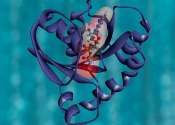Study reveals extent of gender inequality in start-up landscape
Women are significantly underrepresented in German and French start-ups, especially in technical industries. This applies to both founders and employees, as a study from TUM in collaboration with the Roland Berger Foundation ...









